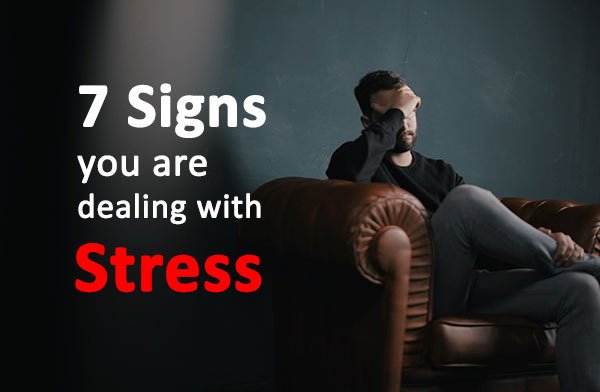Talk to a Psychologist for Online Counselling
Book Appointment 100% Private & Secure
Convenient, 100% anonymous, safe, certified professional counseling online.Anxiety is a normal part of childhood and can occur in response to everyday stressors. However, when anxiety becomes excessive and interferes with a child’s daily life, it can be a cause for concern. Anxiety disorders are one of the most common mental health problems in children, affecting approximately one in eight children. In this article, we will explore the causes of anxiety in children, symptoms to look out for, treatment options, and how parents can help their children cope with anxiety.
Causes of Anxiety in Children
There is no one specific cause of anxiety in children. Rather, it is a combination of genetic, environmental, and developmental factors that can lead to anxiety disorders. Some potential causes of anxiety in children include:
- Genetics: Children with a family history of anxiety or other mental health disorders are more likely to develop anxiety themselves.
- Environment: Children who experience trauma, abuse, or neglect are more likely to develop anxiety disorders. Additionally, stressful life events such as divorce, moving, or a new sibling can trigger anxiety in children.
- Brain chemistry: Anxiety disorders may be caused by an imbalance of chemicals in the brain, including serotonin and dopamine.
- Developmental factors: Children who are shy or have a difficult time adapting to new situations may be more likely to develop anxiety disorders.
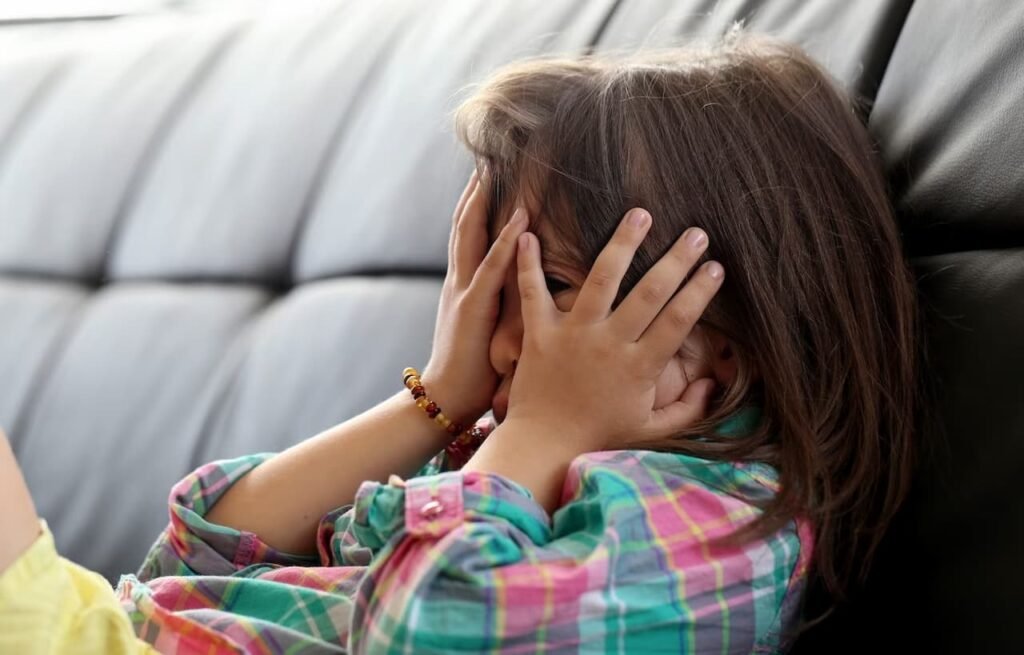

Symptoms of Anxiety in Children
Anxiety disorders can present in a variety of ways in children, and it’s important for parents to be aware of the signs and symptoms. Some common symptoms of anxiety in children include:
- Excessive worry: Children with anxiety may worry excessively about everyday activities, such as going to school, making friends, or performing well on tests.
- Physical symptoms: Anxiety can cause physical symptoms such as headaches, stomachaches, nausea, or muscle tension.
- Sleep disturbances: Children with anxiety may have difficulty falling asleep or staying asleep due to worry.
- Avoidance behaviours: Children may avoid certain activities or situations that trigger their anxiety, such as going to school or social events.
- Irritability: Anxiety can cause irritability, mood swings, and tantrums in children.
- Excessive self-criticism: Children with anxiety may be overly critical of themselves and have low self-esteem.
- Difficulty concentrating: Anxiety can make it difficult for children to concentrate in school or other settings.
- Perfectionism: Children with anxiety may have high standards for themselves and become upset when they fail to meet them.
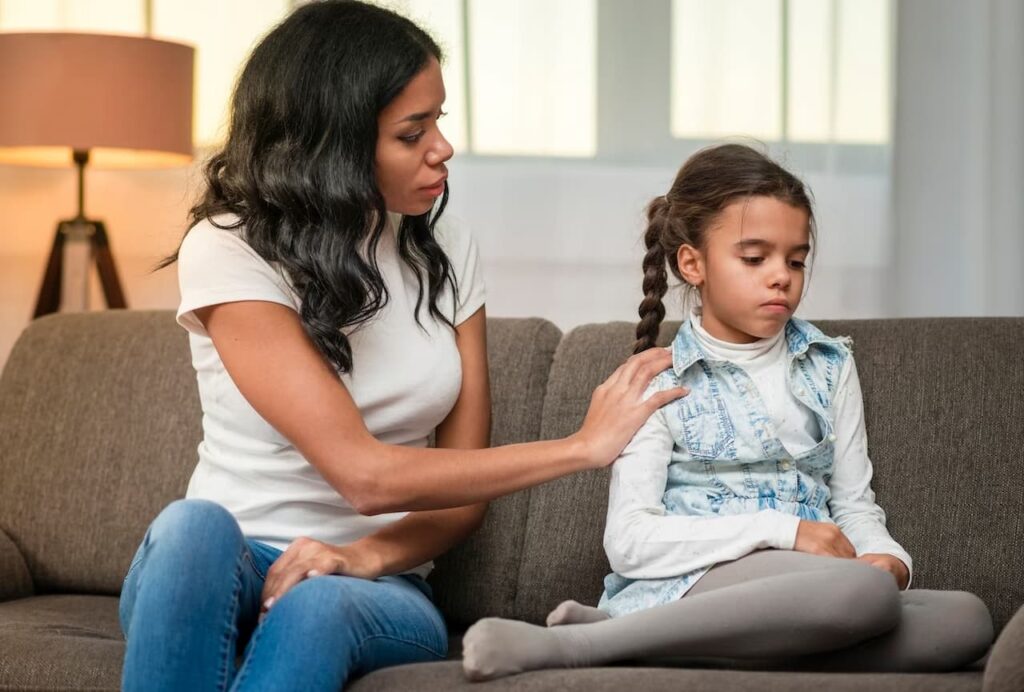

Treatment Options for Children with Anxiety
There are several treatment options available for children with anxiety disorders, including:
- Cognitive-Behavioural Therapy (CBT): CBT is a type of therapy that helps children learn coping skills to manage their anxiety. CBT may include exposure therapy, where children gradually face their fears in a controlled setting.
- Medication: In some cases, medication may be prescribed to help manage the symptoms of anxiety. Antidepressants and anti-anxiety medications can be effective in treating anxiety in children.
- Play Therapy: Play therapy can be helpful for younger children who may have difficulty expressing their feelings verbally. Play therapy allows children to express their emotions through play, art, or other creative activities.
- Family Therapy: Family therapy can help parents learn how to support their children with anxiety and manage their own stress. Family therapy can also help improve communication and relationships within the family.
- Relaxation Techniques: Techniques such as deep breathing, meditation, and progressive muscle relaxation can help children manage their anxiety symptoms.
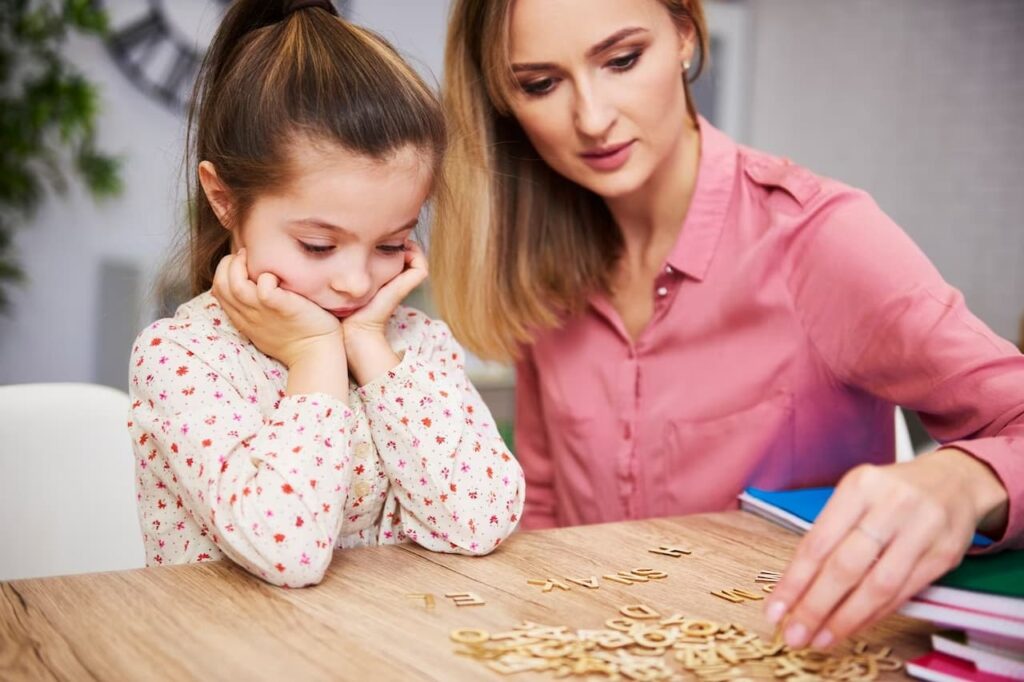

How Parents Can Help Children in Anxiety
If your child is experiencing anxiety, there are several things you can do to help. Here are some tips for parents:
- Be supportive: Let your child know that you are there for them and that you believe in them. Encourage them to talk about their feelings and offer reassurance that they are not alone.
- Practice relaxation techniques together: Teach your child relaxation techniques such as deep breathing, meditation, or progressive muscle relaxation. Practice these techniques together and make them a regular part of your daily routine.
- Create a calm environment: Create a calm and supportive environment for your child. Limit exposure to news or media that may be upsetting and create a routine that includes time for rest, play, and relaxation.
- Encourage physical activity: Physical activity can be a great way to reduce anxiety in children. Encourage your child to participate in activities they enjoy, such as playing outside or taking a dance class.
- Talk to their teacher: If your child is experiencing anxiety at school, it may be helpful to talk to their teacher. Together, you can come up with a plan to support your child and help them feel more comfortable at school.
- Seek professional help: If your child’s anxiety is interfering with their daily life, it may be time to seek professional help. A mental health professional can work with you and your child to develop a treatment plan that meets their individual needs.


Conclusion
Anxiety disorders are a common mental health problem in children, but with the right treatment and support, children can learn to manage their anxiety and live happy, healthy lives. As a parent, it’s important to be aware of the signs and symptoms of anxiety in children and to take action if your child is experiencing anxiety. With the right treatment and support, children can overcome anxiety and thrive.
Get in touch with Psychologists and Counsellors at OnlineCounseling4U
If you are thinking of finding the best counselling service for anxiety then you are at the right place. OnlineCounselling4U is an online counselling platform that provides professional counselling services for a variety of mental health concerns, including anxiety in children. They offer confidential and convenient counselling sessions that can be conducted via video, chat, or phone from the comfort of your own home.
One of the benefits of using OnlineCounselling4U is that they offer flexible scheduling options, so you can schedule counselling sessions at a time that works best for you. They also offer affordable pricing options, making it accessible to individuals who may not have access to traditional in-person counselling services.
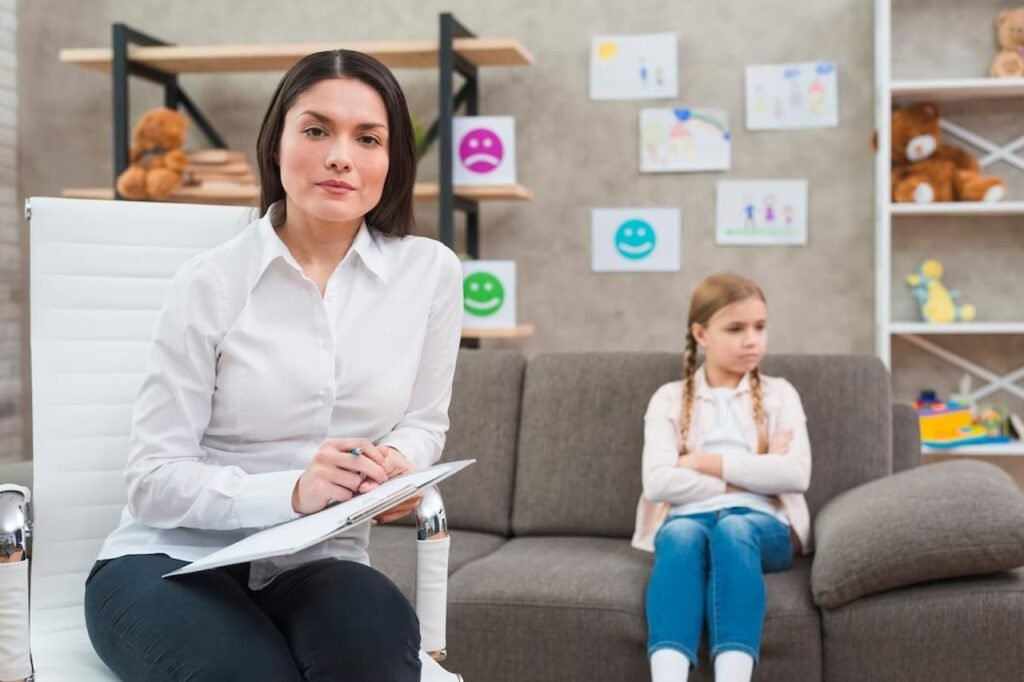

Call us to book a session today.
Contact us at +91 9811335150
Email us – info@onlinecounselling4u.com
Follow us on Facebook or Instagram
Talk to a Psychologist for Online Counselling
Book Appointment 100% Private & Secure
Convenient, 100% anonymous, safe, certified professional counseling online.
